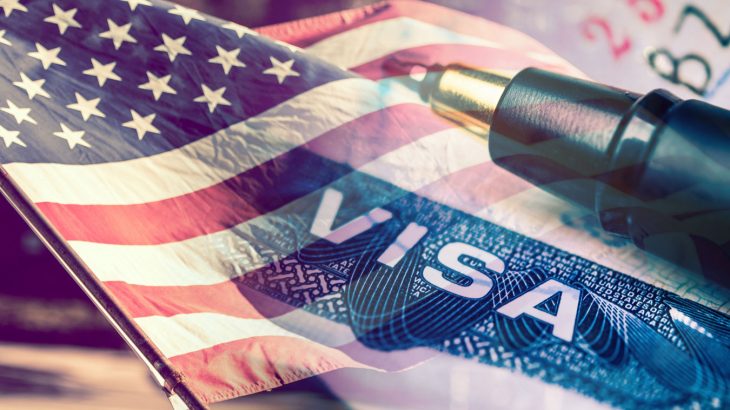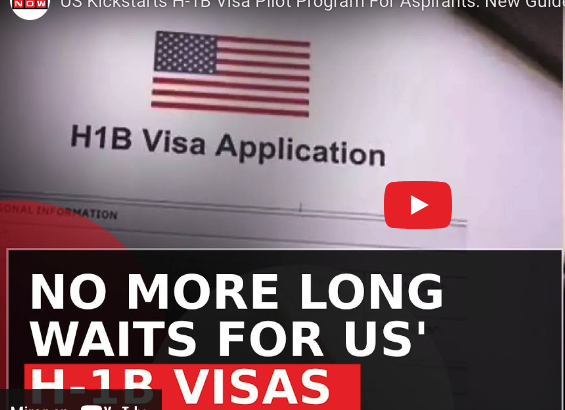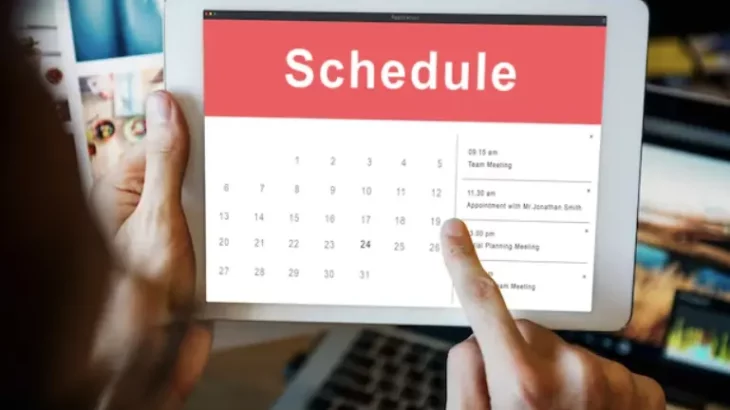Pursuant to your non-immigrant visa (L, H-1B, E-2, O-1) interview, the consular officer will typically indicate whether they are approving or refusing/denying the visa. But at times, officers may require additional information due to which they are unable to approve or deny the visa at the end of the interview. In such instances, the officer will “refuse” the visa application placing it under “221g Administrative Processing,” requiring further scrutiny. Generally, the applicant will receive a notice from the consular officer indicating that their case is undergoing administrative processing, and in some situations, listing further documents that may be needed.
There’s often confusion that a “Refused” visa status on the Department of State’s case portal means that the visa was denied. A Refused status in the context of administrative processing does not mean that the visa was denied or that the refusal is final; it means that the final decision is put on hold until necessary checks are completed. A refusal may be overcome by providing further information and/or documents as may have been requested by the consulate.
Possible Reasons for Administrative Processing
- Additional Background Checks – In certain situations, a consular officer will need to verify or confirm certain data. For example, in H-1B cases, where the applicant will be deployed to an end-client worksite, common in the IT industry, the officer may need to contact the end client to verify assignment and worksite details or employer-employee relationship.
- Missing Documentation or Information – If any material information is missing or inaccurate, the officer will likely not make a decision and request further information or clarification as they deem fit.
- Criminal Background – If an applicant has a criminal record, the consular officer may need to conduct additional checks to determine their visa eligibility and further evidence such as police and court records may be needed.
- Prior Visa denial – A prior visa denial does not necessarily hinder obtaining a visa in the same category (or a different one). That said, if an applicant is unable to satisfactorily explain the change in circumstances from the last visa denial if applying in the same visa category, the consular officer may issue a 221g notice requesting further documentary evidence to clarify change in circumstances.
- Material Misrepresentation or Fraud Suspicion – Should an officer suspect fraud, for example, material inconsistencies in information provided in the petition and the applicant’s responses, the consular officer may want to perform additional checks or forward the application to their Fraud Prevention Unit for further investigation, which could involve employer site visits and interviews.
- Legal Question – In cases involving complex ownership corporate structures in the E-2 and L-1 visa context, an officer may want to seek guidance from higher authority or wish to review necessary departmental guidance and regulations.
- Petitioner Information Management Service (PIMS) – This generally happens when the underlying non-immigrant petition (filed with the United States Citizenship and Immigration Services) has not been updated at the Kentucky Service Center, which scans the duplicate into PIMS systems for consulates to access petition data.
Timeline and What Can be Done?
There is, unfortunately, no predictable timeline to the administrative processing phase, it can take from a few weeks to several months.
If the consulate requests specific documents or information via their letter or email, one should ensure that the requisite items are submitted promptly as per their submission instructions.
DOS has stated that their goal is to complete administrative processing within 60 days. It is advisable to write to the post (via email and through their online portal) regarding the status of your case if there’s no decision within this timeframe. If you believe that the consular officer expressed concern regarding any specific point or that you were unable to answer a material question, it might help to address that particular concern or question by way of an email to the consulate.
If the case is stuck in administrative delay for n excessive period of time, a Mandamus lawsuit could be an option, seeking a U.S. court’s order to direct the post to adjudicate the visa application.
Once the administrative processing is complete, the consulate will issue the visa or refuse/deny it. In cases where fraud is suspected, the consulate may return the petition to the USCIS with a recommendation for revocation.
What to Bear in Mind
Administrative processing not only prolongs visa adjudication but to an extent, adds an element of uncertainty; hence it’s important to apply well in advance and factor in such delays. Certain factors prompting administrative delays are beyond one’s control. That said, to minimize chances of such delays, the applicant should be prepared to answer all questions as best they can and truthfully. If you believe there’s anything in the petition or your background that might warrant scrutiny, ensure that you have the necessary explanation and supporting evidence if any. And very importantly, it helps greatly to understand the requirements of your visa category and be well versed with key petition documents. As good practice, one should carry all pertinent paperwork to the interview.
D&A attorneys routinely assist and guide visa applicants in the consular processing stage. Please feel free to contact us if you require assistance in this regard.
This article has been written by Zeenat Phophalia, Esq. Of Counsel, Davies & Associates, India Office.
Zeenat Phophalia is qualified to practice law in New York, United Kingdom and India. She practices in the area of U.S. immigration law with a focus on business immigration, and has represented corporate clients including large and medium sized companies and startups across sectors such as IT, consulting, consumer goods, manufacturing and telecommunications.
Looking for an US immigration lawyer? Request free consultation at Davies & Associates or find our closest location around the world.





























